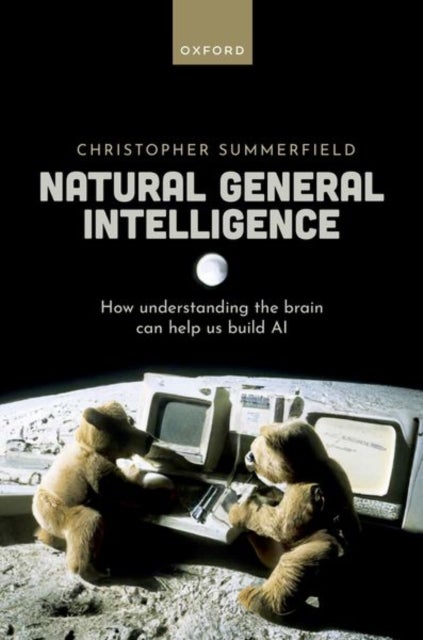
Natural General Intelligence av Christopher (Department of Experimental Psychology University of Oxford) Summerfield
779,-
Since the time of Turing, computer scientists have dreamed of building artificial general intelligence (AGI) - a system that can think, learn and act as humans do. Over recent years, the remarkable pace of progress in machine learning research has reawakened discussions about AGI. But what would a generally intelligent agent be able to do? What algorithms, architectures, or cognitive functions would it need? To answer these questions, we turn to the study of naturalintelligence. Humans (and many other animals) have evolved precisely the sorts of generality of function that AI researchers see as the defining hallmark of intelligence. The fields of cognitive science and neuroscience have provided us with a language for describing the ingredients of naturalintelligence in terms of computational mechanisms and cognitive functions and studied their implementation in neural circuits. Natural General Intelligence describes the algorithms and architectures that are driving progress in AI resea








